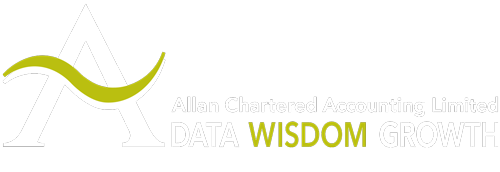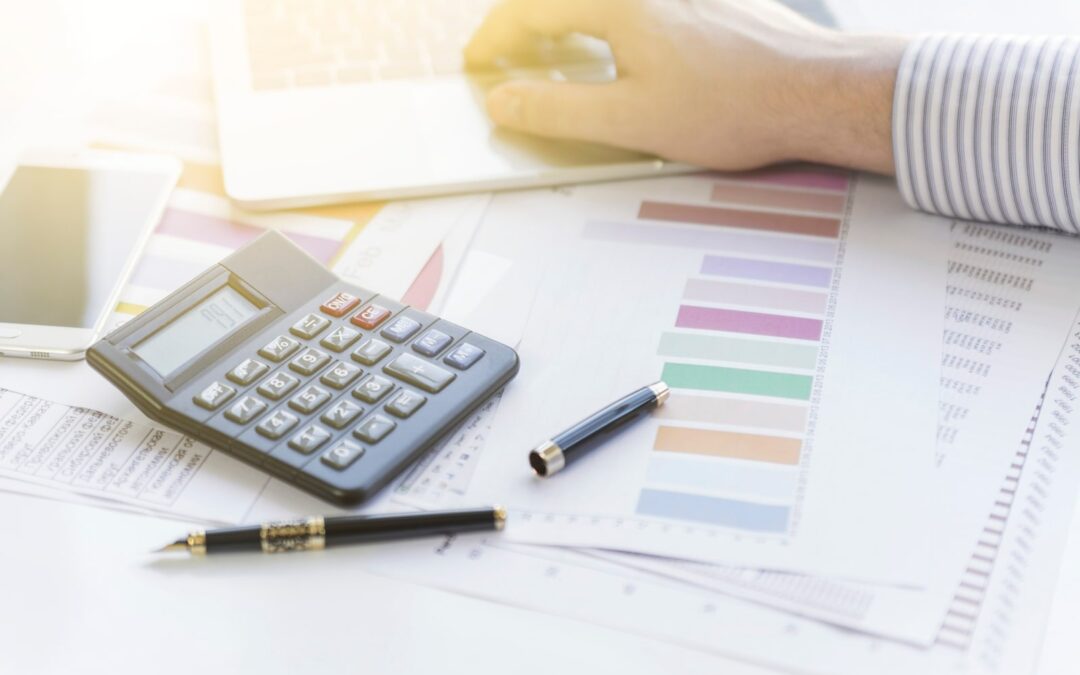Every dollar counts in the business world, especially if you want to use your money wisely. Every cent saved is a cent you can put back into your company, steadily supporting your passion. Tax efficiency isn’t just about paying taxes on time – it’s also about legally minimising your tax liability and understanding tax returns.
At Allan Chartered Accounting, we help small businesses stay on top of their taxes by offering sound financial advice that’s tailored to your unique circumstances. Every business is different, so cookie-cutter solutions simply won’t work.
What You Can Do To Optimise Your Business’s Tax Efficiency
As an NZ business owner, what should you do to maximise your tax returns?
Work With An Accountant Who Understands Your Business. Finances can be confusing, and even small mistakes can have massive consequences. It’s best to work with someone who understands how New Zealand taxes work. We at Allan Chartered Accounting welcome you to reach out to us to talk about our tax services.
We don’t just offer generic advice – we take time to understand your business, your financial goals and other relevant factors before we act. Together, we can:
- Create tailored strategies designed for your industry and the current status of your business.
- Answer questions you have about taxes, GST returns and more.
- Continue to refine and adjust your financial strategy as your business evolves.
Plan Your Taxes Ahead Of Time. With so much going on, many business owners leave taxes until the end of the financial year. However, leaving your taxes until the last minute can lead to inefficiencies, mistakes and lost opportunities.
Proactive tax planning can actually make the process less stressful, as you’ll keep an eye on your taxes while implementing strategies to improve your tax returns. We can:
- Forecast your tax obligations.
- Identify deductions ahead of time.
- Make decisions that reduce taxable income.
Proactive planning helps you file your taxes on time, so you’ll avoid penalties.
Know What You Can And Can’t Claim. You can claim business expenses, including:
- Business vehicle use.
- Office expenses (including home offices).
- Asset depreciation.
- Tools and subscriptions used for business purposes.
Your total profit, or the amount of money you need to pay taxes on, is your income minus your expenses. So, the more you claim, the less money you pay taxes on. For efficiency, it’s best to keep all expense receipts and invoices you receive. Keep records of your transactions for seven years, not just for the current tax year.
Remember that you can only claim business expenses. If you have expenses that mix business and personal use, such as a vehicle you use for both business trips and personal trips, you must only claim expenses relating to business trips.
It’s common for businesses to under-claim out of fear of non-compliance, but this can negatively affect your tax returns. With our services, we can keep you compliant with the IRD while ensuring you claim everything you’re legally entitled to.
Choose The Right Business Structure For your Company. There are different business structures (such as sole trader, partnerships and LTCs), and your business structure will affect:
- How much tax you pay.
- Your ability to retain profits.
- Personal liability.
Our team will help you select the most tax-efficient structure based on your business goals.
Understand GST Returns. You must pay your Goods and Services Tax (GST) if your business is eligible for it. You need to charge GST once you’re registered. With our GST returns services, we will:
- Check if you need to register for GST, and assist you with the process if you do.
- Select the right filing frequency for your business (monthly, bi-monthly, etc).
- Choose the right filing methods.
- Ensure total compliance.
Please know that you cannot keep the GST you charge on your goods and services; it’s money that’s being collected for the NZ government.
Leverage Depreciation And Asset Write-Offs. Assets depreciate over time from wear and tear or from becoming out of date – and you can claim this amount each year.
- Keep all invoices and receipts on depreciable assets.
- Understand what assets depreciate – this can include machinery, equipment, etc.
- You can group low-value items that were bought together. For instance, five chairs that were $200 each can be listed as a $1000 asset.
- There are two main calculation methods for depreciation; you must pick one for each of your assets, and you must stay consistent with which method you use for each asset.
Enhancing Your Tax Returns With Allan Chartered Accounting
Contact us at Allan Chartered Accounting today to begin optimising your tax strategy. We invite you to call us on +64 9 418-2537, message us online or book your appointment through our website.
Allan Chartered Accounting: Perfect your business finances with us.

